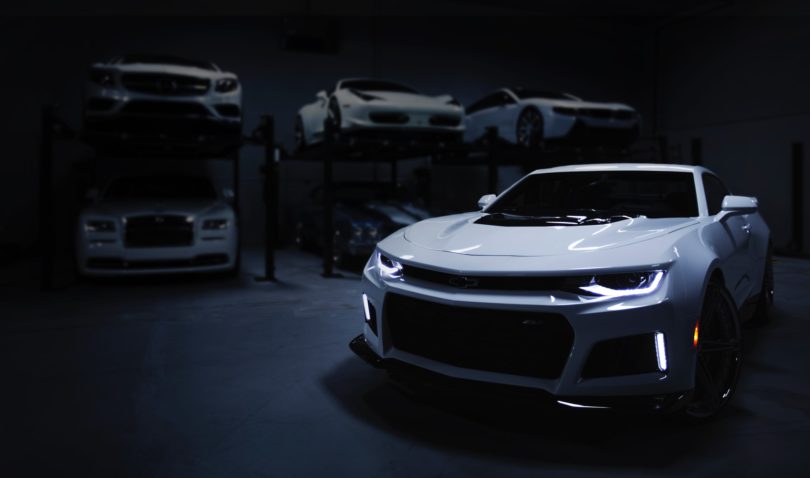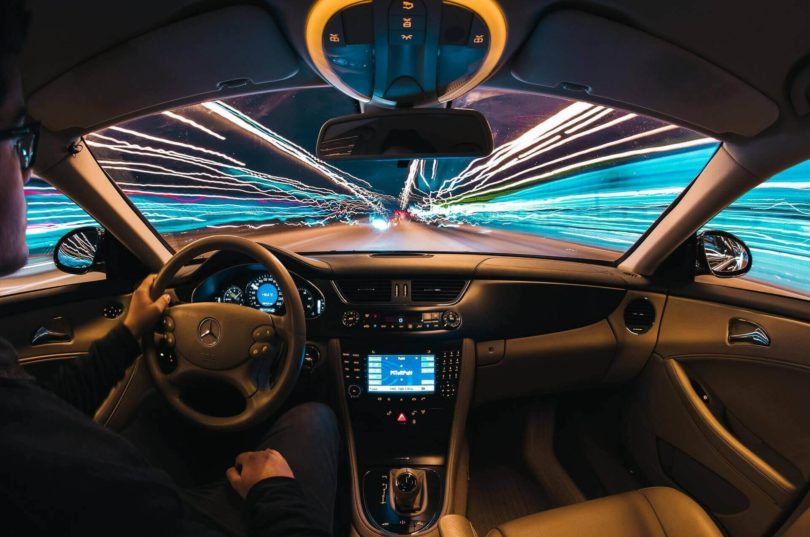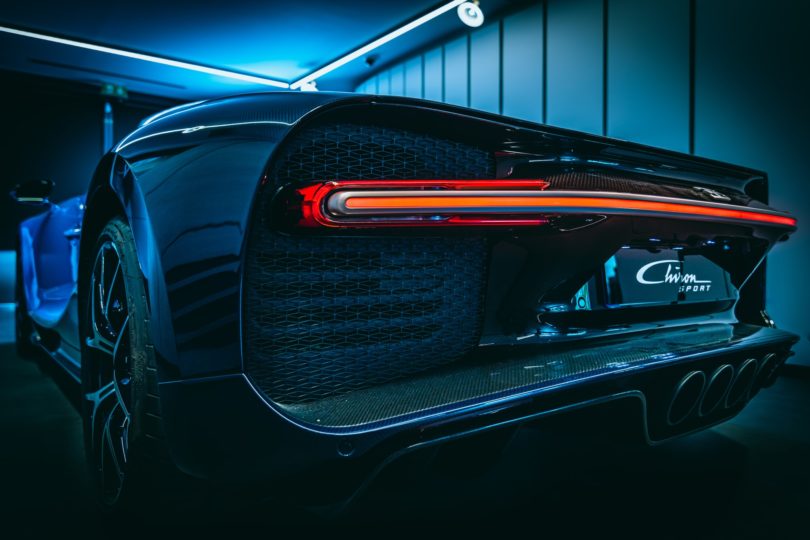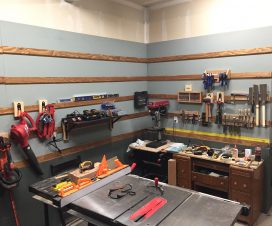 |
As people are getting increasingly comfortable with all things digital, the same applies to automotive sales. The automotive industry has been shifting gears as technological advances, global distribution, and changing customer behavior has been altering the auto industry on many different levels. It’s aiming toward a new world with connected cars, electric vehicles, onboard sensors, and many more innovative solutions to help customers and dealers.
Strategies for a successful business
Before we talk more about the future of automotive sales, let’s name a few important strategies that will greatly improve the business of automotive sales by incorporating new and innovative solutions.
Solutions tailored to the customer’s needs

Source: unsplash.com
Dealers and manufacturers have found a new and better way to communicate with customers since the pandemic and finding the services of the right solutions for this have been of great help. For example, companies like taq offer an automotive intelligence platform that not only helps customers but also dealers. By visiting their website taqauto.com, you’ll discover that such a platform boosts efficiency and increases engagement, and also offers easy access to connect with customers.
Helping customers get the right vehicle with the right financial source will also help boost sales. You can also boost customer retention rates by making a portfolio that might make customers buy, loan, or lease from you again. The best thing for automotive companies would be to develop innovative solutions to react fast to changing market opportunities, changing the customer demands.
Digitalization
Companies should strive for a smart manufacturing and digital supply chain by becoming more flexible, resilient, and completely modular. One thing that might be crucial for the success of your business in the future depends on the interaction with your suppliers. As everything else is made digital nowadays, having an advanced digital platform can greatly help you improve your business.
A changing workforce entails a change in which companies retain, attract, and retire workers. To be able to progress, automotive companies will require software skills across the automotive value chain. Innovation has to become an integral part of this digital world so that the entire enterprise can contribute to generating improvements.
Connected cars

Source: berza.ru
Connected cars communicate with other systems outside of the car which allows them to share internet access and data with other devices, both inside and outside the vehicle. Integrating connectivity and introducing new concepts like AI will transform the way we think about driving, keeping us safe, on schedule, and connected.
The connected car can be able to digitally connect and interact with its surroundings and also give way to a suite of applications like advanced features, entertainment experiences, predictive maintenance, and personalized driving. Location, voice, and parking assistance are some of the simplest solutions many cars already have.
OEMs digital sales
Since the pandemic, people have become accustomed to buying things online, so why not cars, too? Many OEMs have started to experiment with online sales, launching their online stores. To be able to succeed in this new and advanced online sales business, OEMs have to put the customers at the heart of their operations. Investing in IT infrastructure and the right organization will help them greatly.
Rethinking the business models and revenue sources by transforming the company’s core may seem bold but it is a necessary step. This way, OEMs will sell directly to the customers, while dealers will transform into agents who will receive a premium-based compensation.
Innovation is key

Source: unsplash.com
The transformation of the sales model of the automotive industry is only the beginning of a new era of automotive sales. Many industry leaders believe that innovation and flexibility will be essential when it comes to challenges connected with the future direction of the automotive industry. The future innovations involve software components and automotive suppliers have to be faster and more flexible than ever.
The future of mobility offers many innovations like cars being self-aware, providing a connected platform, and vehicles that have hundreds of Internet-connected ECUs (engine control units) and sensors. But, very few players may be able to win the race for mobility services. It is also possible that 80% of total growth might be generated in the Chinese market, and that Europe, the US, and Japan would be expected to show only moderate growth.
In closing
With trends likely to redefine the future of auto sales the global automotive industry is on the cusp of a major transformation. In times when all industries are moving forward and looking for innovative solutions to connect with their customers, OEMs are starting to design new, customer-centric sales models which will allow them to improve in times of impending industry disruptions. The future of automotive sales will undoubtedly rely on advanced and leading-edge technology that will transform the way people buy and sell cars.




